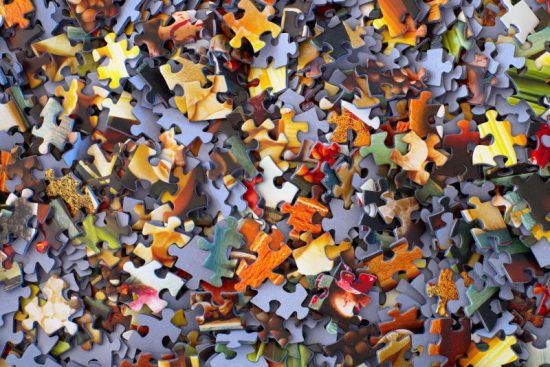
While there are many unique nursing specialties out there, some are more focused, rare, and exciting than others. One such idiosyncratic nursing specialization that allows nurses to develop professionally and make an impact on others is forensic nursing.
If you’ve ever thought about becoming a forensic nurse, you’ve likely wondered what the process of becoming qualified for the role entails. Specifically, you may have wondered how much legal understanding is necessary to have before you can step into this role.
Let’s dive in and explore what kind of legal knowledge and experience is required to become a forensic nurse.
Understanding the Forensic Nurse’s Role
Prior to delving into the specificities of what level of legal knowledge is necessary to be a forensic nurse, it’s important to gain some context about the role itself.
Essentially, professionals in this role can be viewed as a mixture of a healthcare professional and a forensic scientist. It’s the role of forensic nurses to care for patients who have some involvement in legal cases.
These patients that forensic nurses serve can be both victims and suspects in legal cases. While they’re tasked with providing high-level medical care to those they treat, they’re often also tasked with effectively collecting evidence from their victims.

While there are different specialties that forensic nurses can pursue, such as treating victims of sexual abuse or assisting coroners in determining causes of death, all forensic nurses must have a deep understanding of legal processes.
The Type of Legal Knowledge Forensic Nurses Must Have
As you can imagine, forensic nurses must have a strong command of laws and other regulations in order to perform their duties adequately. If you’re interested in the forensic nurse role, understanding the extent of this knowledge can be beneficial.
Let’s take a look at the type of legal knowledge that forensic nurses must have.
Understanding Crime Scenes
Though forensic nurses don’t have to go as far as taking the LSAT, they do need to have a solid command of many legal processes. One such process is that of how to interact with crime scenes, criminal suspects, and victims in responsible ways.
When becoming qualified as a forensic nurse, one will have to undergo a specialized program that covers a range of topics. One key topic that is covered in all programs of this nature is that of crime scenes. In other words, it’s crucial for forensic nurses to understand how to legally interact with crime scenes.
Providing Consultations and Testimonies
As has been noted, legal cases play a key role in the duties and functions of forensic nurses. In many cases, these healthcare professionals must offer consultation about the medical intricacies of victims and suspects in cases and testify with their findings.
To perform these duties, forensic nurses must have a well-developed understanding of legal processes and court cases. Without having this type of knowledge, they would run the risk of altering the outcomes of cases and impeding legal cases in their proceedings.
Collecting Evidence
In many scenarios, forensic nurses must collect evidence from the people they treat. In some cases, these patients can be victims, while in others, they may be suspects. Though it’s important for nurses to be able to interact with patients in a professional and calming manner, it’s also imperative for them to collect adequate evidence samples.

For evidence samples to be accurate enough to be used in legal court cases, they must be collected and stored in specific ways. For this reason, forensic nurses must have a well-developed understanding of how to legally collect evidence from the patients they interact with.
Knowing the Criminal Justice System
Beyond needing to be extremely knowledgeable about different legal areas of focus, forensic nurses must also have a deep understanding of the criminal justice system itself. Given the fact that these professionals work within this space and collaborate with a variety of other professionals involved in this system, they wouldn’t be able to perform their jobs well without this type of understanding.
Many forensic nursing programs cover the criminal justice system in order to provide future forensic nurses with more context about the work they will be performing. Ultimately, this is a key aspect of the forensic nursing profession, and anyone interested in pursuing the role can benefit from researching the criminal justice system and court-related processes.
Forensic Nurses Must Have Legal Knowledge to Excel in Their Roles
To be excellent at their jobs, forensic nurses need to have a deep understanding of a variety of laws, procedures, regulations, and legal processes. With this knowledge, they are able to aid legal and law enforcement professionals in solving crimes and bringing justice to victims. Though this role can be difficult at times, those in it will experience a fulfilling career that allows them to help others and have an impact.




